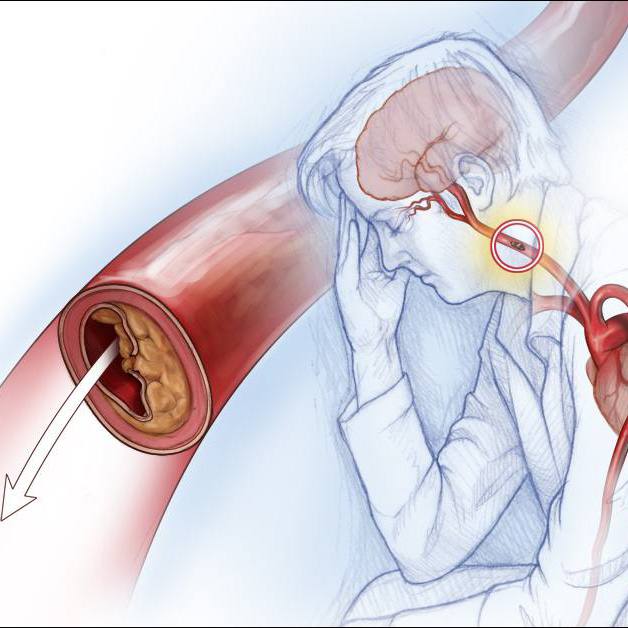-
Mayo Clinic Minute: Health benefits of kids and sports
Some children are back in the classroom, and others are getting ready. An important tool for keeping kids healthy is participation in youth sports, and it's not just because of physical activity.
Journalists: Broadcast-quality video (0:58) is in the downloads at the end of this post. Please courtesy: "Mayo Clinic News Network." Read the script.
There are the obvious physical benefits when kids play sports. It improves cardiovascular health and prevents obesity. But that's not all.
"There can be social benefits where you make friends. You have an opportunity to connect with other people," says Dr. David Soma, a Mayo Clinic pediatric sports medicine specialist.
He says there also are emotional benefits.
"So you learn ... that teamwork piece or that perseverance — learning how to win, learning how to lose."
He says a way to get your kids involved in sports is to start young by just getting them active and outdoors.
"We live in a society where people want to stay inside and stare at screens," says Dr. Soma. "But get outside. Go for a bike ride as a family. Go for a run. Kick the ball around the yard. Just get them moving and seeing what they like to do."
And don't focus on just one individual sport, especially at a younger age.
"There's really good evidence that you should not do that," says Dr. Soma. "It's best to have a kid in the elementary school-aged years really do multiple sports. Expose them to as many different things that they're interested in as possible."
Related Articles







